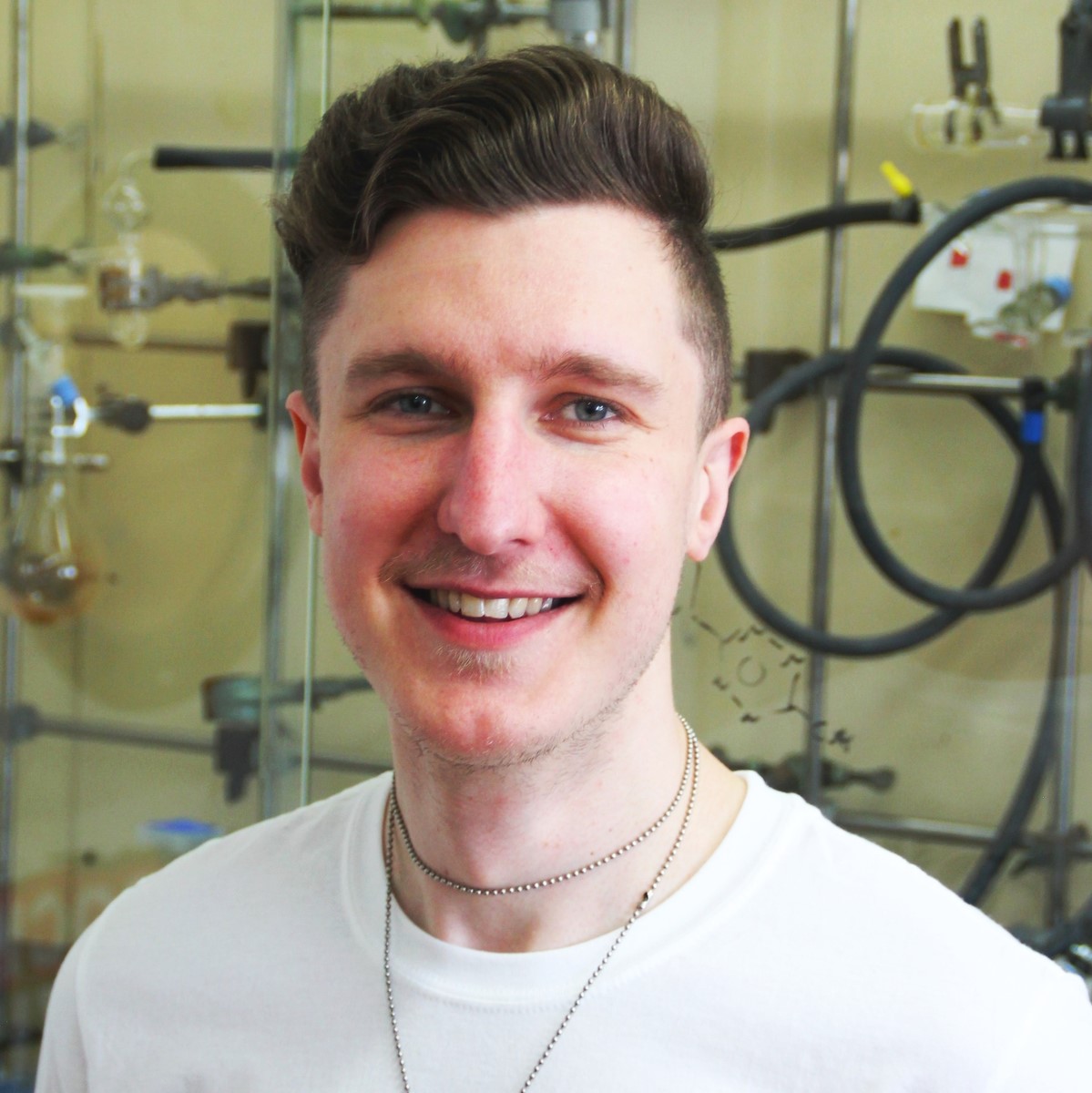In 2020 we conducted a global survey to gather opinions of young chemists on "Sustainability in Education". Our goal was to see whether the current state of education in chemistry prepares young chemists to meet the challenge of their generation: The global demand for sustainable development. The outcome is a snapshot that shows that the education systems need to evolve to the demands of our time and that we need to rethink how and what we teach if we want young professionals to have the necessary skills and tools to find the best solutions for a sustainable future.
Disclaimer: All questions were posed via an open access google form and shared via the networks of JungChemikerForum (JCF), International Younger Chemists Network (IYCN) and European Young Chemists’ Network (EYCN). Responses were gathered anonymously. The number of participants was checked at least once a week, no irregularities were observed. 503 answers were gained over the course of 2 months (18.05.2020 – 20.07.2020), roughly half of them from Germany. For the workup and comparison, the German questions were translated and the results were viewed separately. The replies are merely a snapshot of opinions of young chemists across the world, they are not to be taken out of context or viewed as scientific results. It is important to take into account that countries of the global north, especially Europe, as well as people that have an interest in the matter (who were probably more willing to take part) are overrepresented in this survey. Nevertheless the results present valuable information on the current state of education on the topic of sustainability and should be considered when rethinking future education.
Download: Rawdata (.csv)
Statistics
We had around 500 participants across the globe, roughly half of which represent Germany. The international respondents mostly represent Europe. It is important to keep in mind who participated to accurately interpret the results when viewing any of the following charts.
Question 1
The average grade for the adequacy of what is taught on sustainabile chemistry appears to be sufficient on global average but some countries like Germany fall far behind. However whether what is taught is enough is a different story as can be seen in question 3.
Question 2
Our results indicate, that the current education system fails to prepare a major portion of young researchers for the challenges they will face in industry in the next decades.
Question 3
The results of this question are the most one-sided: Basically ALL young chemists demand an education that features more sustainable chemistry. It is important to them that they are well prepared to face the challenges of the future and demand a change in the way we teach chemistry.
Question 4
When asking the participants if they consider the sustainability strategy of a company as a relevant factor for carreer choice, an overwhelming amount of participants said yes. This may be of special interest to industry as it clearly shows that an honest commitment to sustainable development is necessary to attract young talents. Even more so, they want to contribute to the cause and can bring a company forward.































